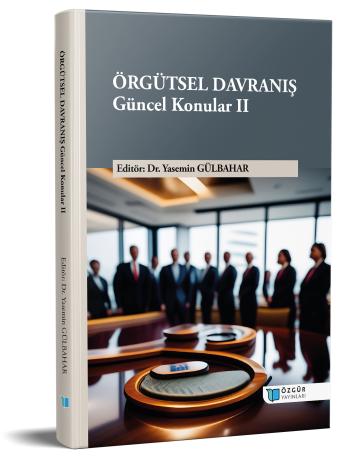
Education in The Ahi Organization The Ottoman Tradesman and Craftsmen Organization
Chapter from the book:
Gülbahar,
Y.
(ed.)
2023.
Organizational Behaviour: Current Issues II.
Synopsis
Ahi order is an organization that trained personnel working methods and conditions for tradesman and craftsmen in the cities and town of the Ottoman Empire from the 1200s until the early 1900s. Its founder is a Turkish scholar whose legendary name is Ahi Evran and whose real name is Şeyh Mahmut Nasuriddin El Hoyi. Ahi Evran founded the Ahi organizasation by traveling to the cities and town of Anatolia. He is the master of tanners (leather makers) and the “ father of ahi” branches of art divided into thirty- two branches.
It is admirable that the Ahi order was able to successfully carry out moral and vocational education when education was not among the duties of state. For his reason in this study vocational and moral education in the Ahi organization is discussed. Ahi order also has a women’s branch. The founder of this organization called Bacı Yan-ı Rum (Anadolu Bacıları) (Anatolian Sister) is Fatma Bacı, the wife of Ahi Evran. While the Ahi order advised its male members to own “your hand, your waist, your tongues”, it also advised its female members to own “your food, your work, your husband.”
In the Ahi order every art had a “pir” (master) and every worker had a great spiritual devotion to all their elders from master to master. There were also journeymen and apprentices who learned their profession by working along side these masters. In order for an apprentice to become a journeyman to become a mister, he had to complete a certain period of service and the competence gained during this period. In order to advence in the profession, the competence gained in art had to be proven by a special exam in a special ceremony.

